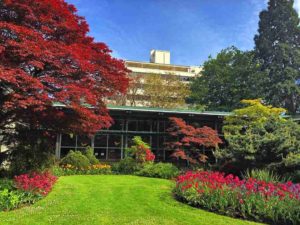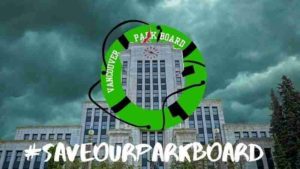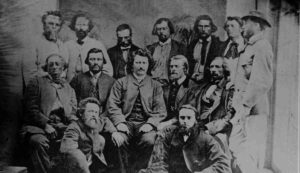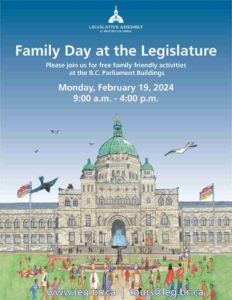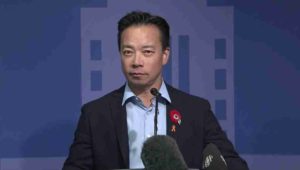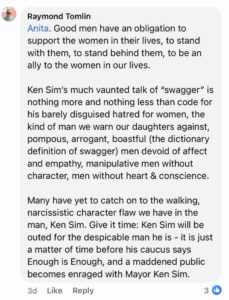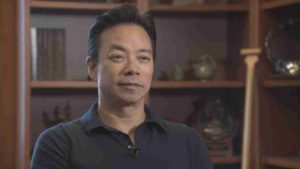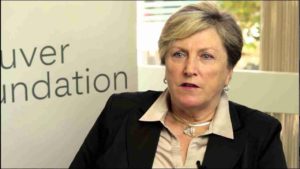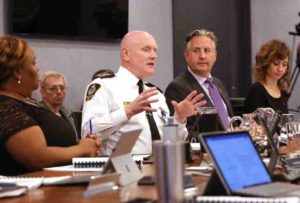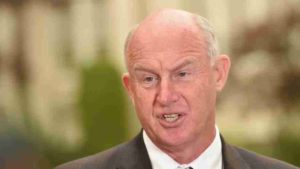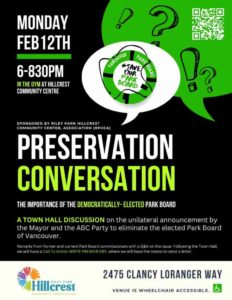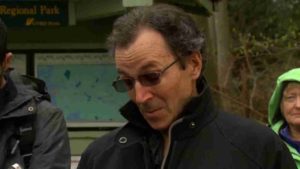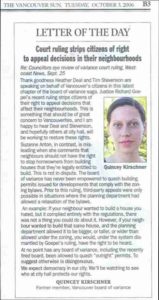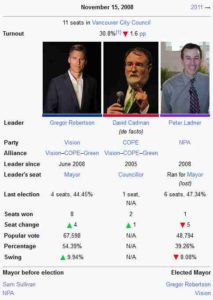
In the mosaic of Vancouver’s civic infrastructure, the elected, independent Park Board stands as a cornerstone of citizen well-being, pivotal in shaping the city’s social fabric, environmental sustainability and recreational opportunities.
Established in 1888, the Vancouver Board of Parks and Recreation holds a unique position among municipal bodies, directly accountable to the citizens it serves. With its mandate focused solely on parks, recreation, community amenities, and preservation of the natural environment, the Park Board represents an essential conduit between Vancouver’s diverse populace and its natural and urban spaces.
First and foremost, the Park Board serves as a guardian of Vancouver’s green lungs, stewarding its vast network of parks, gardens, and natural areas.

From the iconic Stanley Park to neighbourhood playgrounds, these green spaces provide invaluable ecological benefits, serving as habitats for wildlife, mitigating urban heat island effects, and fostering biodiversity.
Moreover, they offer vital havens for residents seeking respite from the hustle and bustle of city life, promoting mental health and well-being.
Park Board serves to preserve and enhance these green oases, ensuring our city remains a livable community where nature and urbanity coalesce harmoniously.
Equally significant is the Park Board’s commitment to fostering inclusive and accessible recreational opportunities for all residents.
Through its diverse array of programmes, facilities, and events, Park Board actively promotes physical activity, social cohesion, and cultural exchange.

Whether it’s swimming pools, community centres, or sports fields, these amenities serve as vital hubs for community engagement and empowerment. Moreover, initiatives such as free access programmes for low-income families and barrier-free facilities ensure that socioeconomic disparities do not hinder citizens’ access to recreational pursuits. By championing equity and inclusivity, the Park Board plays a pivotal role in strengthening the social fabric of Vancouver’s neighbourhoods.
In addition, Vancouver’s Park Board serves as a nexus for environmental advocacy and sustainability initiatives, spearheading efforts to mitigate climate change and protect natural ecosystems.

Through tree planting initiatives, shoreline restoration projects, and sustainable landscaping practices, Park Board endeavours to enhance the resilience of Vancouver’s urban environment. The Park Board’s leadership in promoting active transportation, such as cycling and walking paths, not only reduces carbon emissions but also fosters healthier and more livable neighbourhoods.
By embracing innovative solutions and community partnerships, Park Board exemplifies Vancouver’s commitment to being a global leader in urban sustainability.
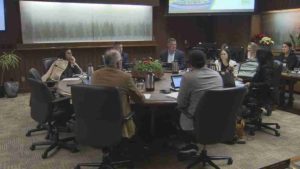
Moreover, the Park Board’s independence from municipal government ensures it can prioritize the needs and interests of citizens without undue political influence.
Elected by Vancouverites, Park Board Commissioners are accountable solely to the electorate, allowing them to make decisions based on evidence, community input, and long-term vision rather than short-term political expediency.
This autonomy is fundamental in safeguarding the integrity and effectiveness of the Park Board’s operations, ensuring that it remains a trusted steward of public resources and a champion of citizen well-being.
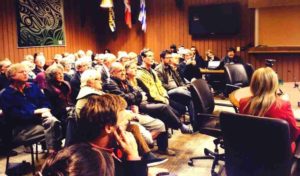
The Park Board serves as a forum for civic engagement and participatory democracy, providing citizens with a platform to voice their concerns, aspirations, and ideas for the city’s parks and recreational amenities.
Through public consultations, advisory committees, and community engagement initiatives, it fosters a culture of collaboration and co-creation, where residents are actively involved in shaping the future of their neighbourhoods. This bottom-up approach not only enhances the legitimacy of Park Board decisions but also fosters a sense of ownership and pride among Vancouverites in their public spaces.
